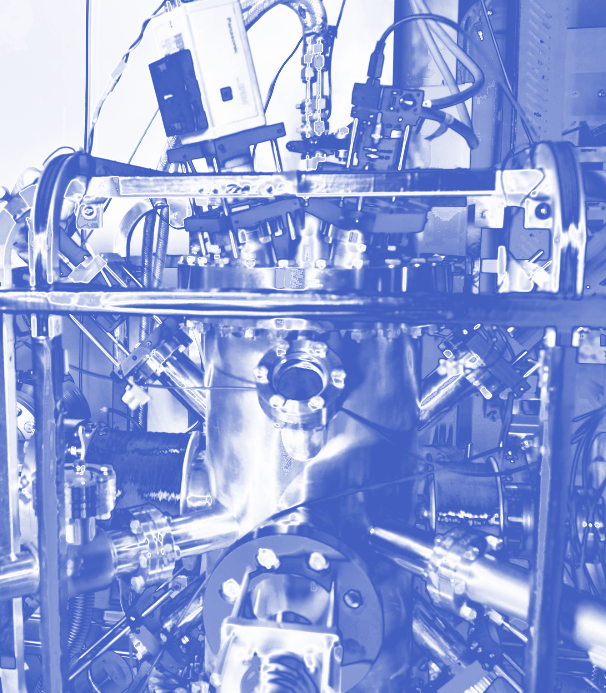Piezo boost from liquid technique
 Researchers are working on new ways to synthesise advanced piezoelectrics.
Researchers are working on new ways to synthesise advanced piezoelectrics.
Materials such as atomically-thin tin-monosulfide (SnS) exhibit a powerful ability to convert mechanical forces or movement into electrical energy (piezoelectrics).
This property, along with their inherent flexibility, makes them good candidates for flexible nanogenerators that could be used in wearable electronics or internal, self-powered biosensors.
However, this potential has been held back by limitations in synthesising large amounts of the material, with particular difficulties coming from the strong interlayer coupling that is required.
Now, Australian engineers have sought to resolve this issue by applying a new liquid-metal technique, developed at RMIT, to synthesise the materials.
Tin-monosulfide synthesised using the new method displays excellent electronic and piezoelectric properties.
The resulting stable, flexible monolayer tin-monosulfide can be incorporated in a variety of devices for efficient energy harvesting.







 Print
Print